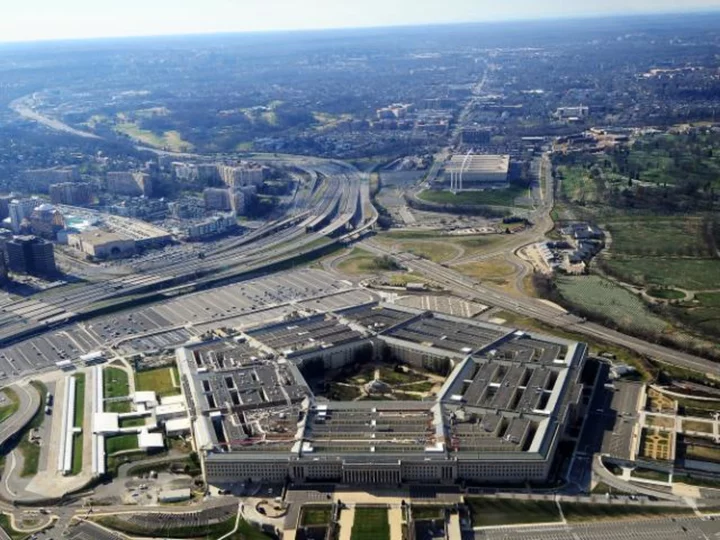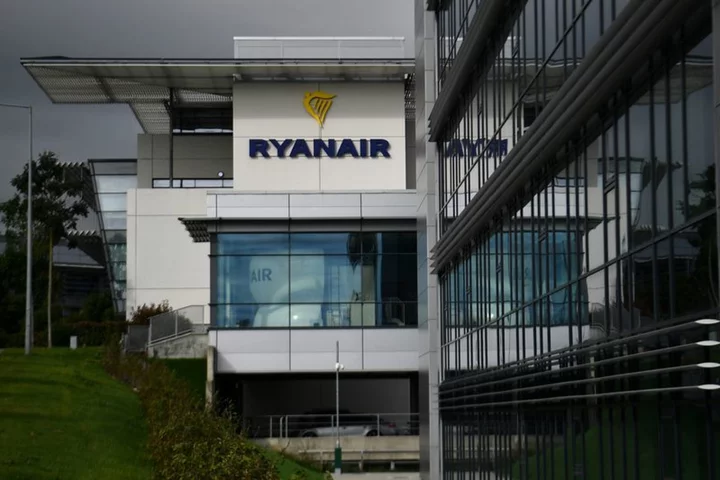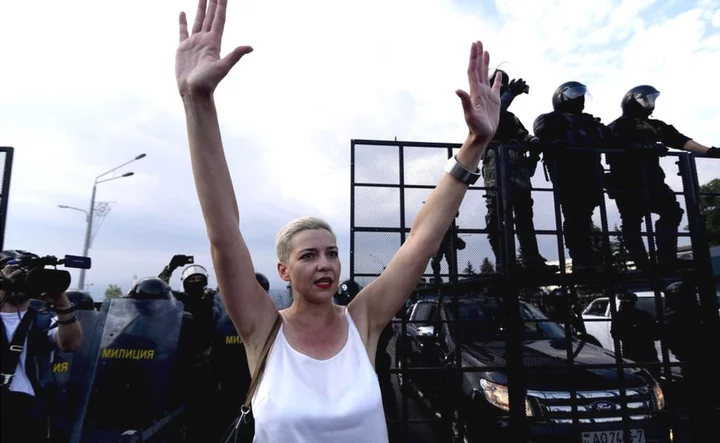The US will bolster its defensive posture with heightened patrols in the Persian Gulf after destabilizing actions by Iran this past month to interfere with and seize commercial vessels transiting the Strait of Hormuz and other strategic waterways, according to a US National Security Council spokesperson.
"[The] United States will not allow foreign or regional powers to jeopardize freedom of navigation through the Middle East waterways, including the Strait of Hormuz," National Security Council Coordinator for Strategic Communications John Kirby told reporters on Friday, adding that there is "simply no justification" for Iranian actions to interfere, harass or attack merchant ships.
"Today, the Department of Defense will be making a series of moves to bolster our defensive posture in the Arabian (Persian) Gulf. US central command will provide additional details on those reinforcements in coming days," he continued.
The decision by the US to take further security measures in and around the strategically critical Middle East waterway comes after two internationally flagged merchant vessels were seized by Iran's Islamic Revolutionary Guard Corps Navy in recent weeks, according to the US Navy who added that Iran has interfered with or attacked 15 internationally flagged merchant ships over the past two years.
In the coming weeks, according to Kirby, the US will also be increasing its coordination and interoperability with the International Maritime Security Construct, which is a coalition of 11 nations formed two years ago to help reassure and protect merchant shipping in the area.
The Strait of Hormuz is vital to the global economy, serving as the only way to move oil from the Persian Gulf to the world's oceans.
The US 5th fleet will increase the rotation of ships and aircraft patrolling the Strait of Hormuz and further increase security collaboration with partners and allies, according to a US Navy statement.
"Iran's unwarranted, irresponsible and unlawful seizure and harassment of merchant vessels must stop," Vice Admiral Brad Cooper, who oversees US Naval forces in the region, said in the statement, adding the US is "committed to protecting navigational rights in these critical waters."
And against the backdrop of all this, the US and Iran have repeatedly had tense interactions at sea the last several years over a fraught relationship that has only continued to deteriorate. The US has sharply condemned Iran's crackdown on widespread protests against its governing regime and its morality police, while Iran's Supreme Leader has blamed the US for the unrest. Washington has also criticized and sanctioned Iran for providing armed drones to Russia which Russian forces have used in Ukraine.
This isn't the first time this year the US military has bolstered its presence in the region. Back in March, the US strengthened its military forces in the Middle East following a series of attacks on US troops in Syria attributed to Iranian-affiliated militias, according to the Pentagon.
As part of that, the US ordered a carrier strike group to remain in the region to support US forces in Central Command, which covers the Middle East, and a squadron of A-10 attack aircraft to the region.
The US also responded with precision air strikes on facilities associated with Iran's Islamic Revolutionary Guards Corps.
There are roughly 900 US troops in Syria as part of the ongoing mission to defeat ISIS.









